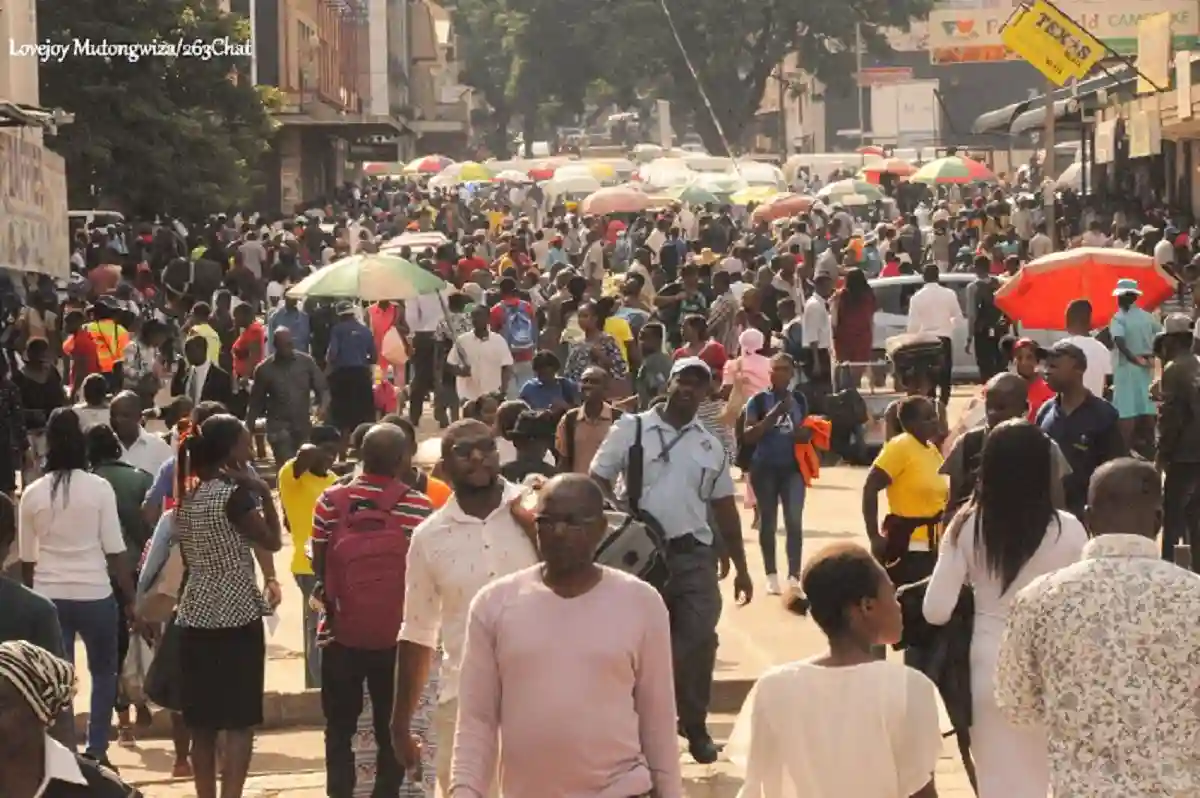Experts are saying that the year 2024 looks gloomy for Zimbabwe’s economy. The exchange rate, taxes, and overall economic situation are worsening rapidly. This is having a significant impact on ordinary citizens, as their incomes are decreasing due to the instability of the exchange rate.
The country is currently facing market turbulence, with a growing gap between the official exchange rate and the parallel market rate. Although there was some stability in the exchange rate in the first half of 2023, it was only temporary. The exchange rate started rising again in the third quarter of that year, and new tax measures implemented by the government are contributing to this increase. Development economist Chenaimoyo Mutambarasere spoke to NewsDay:
According to the Hanke index, Zimbabwe continues to have the worst inflation in the world which he measures as being above 900%.
Exchange rate is nearly 1:10 000 and our budget statement measures the value of the economy in trillions of local currency. We have failed to produce our required minimum output for maize grains ahead of the predicted drought season in the first quarter of last year.
The economy is still suffering from a failed monetary framework. There have been no attempts to change anything. Calls to dollarise have been ignored and the ambiguity on the de-dollarisation programme continues to increase the country’s risk profile.
The value of the Zimbabwe dollar has greatly decreased on the parallel market, resulting in a huge difference between the official and parallel exchange rates. The parallel market rate is over 130% higher than the official rate. This large disparity far exceeds the global threshold for currency stability.
Economists argue that the exchange rate issue reflects deeper problems in the economy, including high inflation and a failed monetary framework. The economy is still struggling, and there have been no significant changes or attempts to address these issues.
The economic slump in South Africa, Zimbabwe’s largest trading partner, is also expected to impact the country negatively. The cost of living is continuously increasing, and the widening gap between the exchange rates is leading to higher prices and reduced purchasing power for consumers.
Experts suggest that the government needs to prioritise addressing inflation and currency stability to stabilise the economy and achieve sustainable economic growth in 2024. Economic analyst Victor Bhoroma said:
There are five key issues that the authorities need to attend to. The bedrock of any economy in terms of economic growth is consumption. So how does the government ensure that there is stable consumption and it’s very much related to inflation or disposable incomes, probably income, it could be at corporate level or household income.
So how do you ensure that incomes are stable? Address the issue of inflation. You have to address currency stability. So that’s the first thing that government has to address. Without it, some of the reforms or even some of the blueprints that look good on paper will not be able to yield any positive results in terms of economic growth.
They recommend using the national budget and fiscal policies to incentivise industry players, improve infrastructure, and create a favourable business environment.

